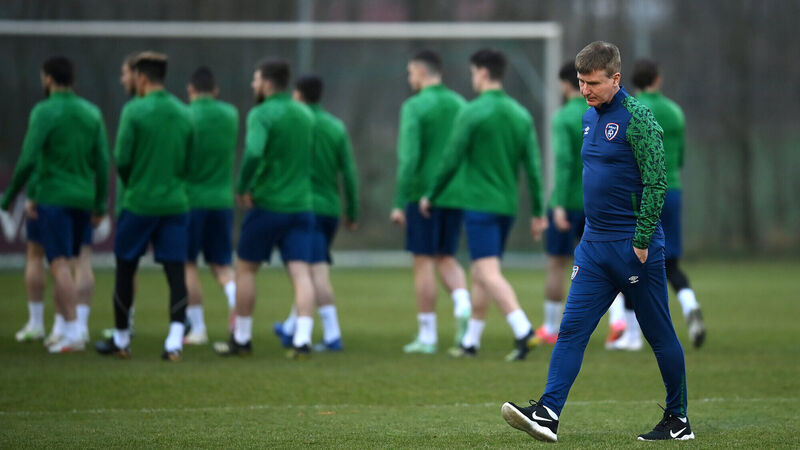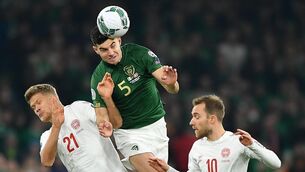Kieran Shannon: Don’t just scapegoat Stephen Kenny. Find answers with a real plan for Ireland’s future

OPPORTUNITY KNOCKS: If we want an Irish team playing in a major tournament, planning needs to start now and go beyond criticism of manager Stephen Kenny.
While it could seem as if the gods are mocking us that Ireland’s next opponents should be Qatar, given it’s the one place we already know our team won’t be next November 12 months, maybe they’re also warning us with the choice of venue for tonight’s friendly: Hungary.
When I was growing up, that nation had a relevance in European football. While they weren’t quite the mighty Magyars that had schooled England at Wembley and reached World Cup finals in 1938 and 1954 and the last four of the European championships of 1964 and 1972, they were still a constant presence at major tournaments.









